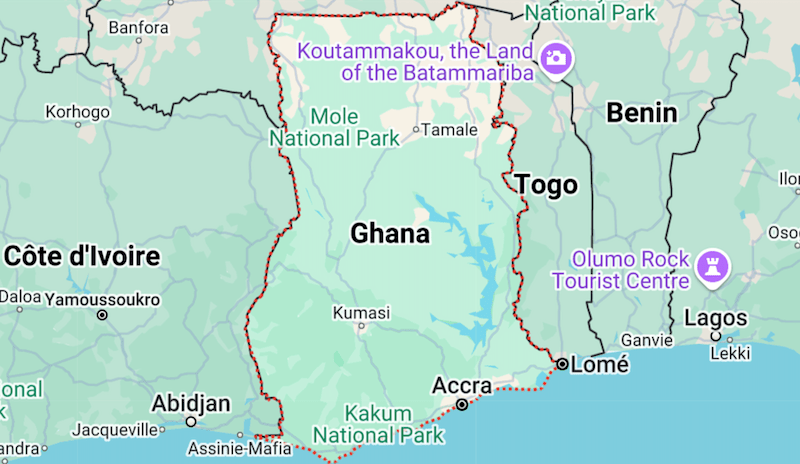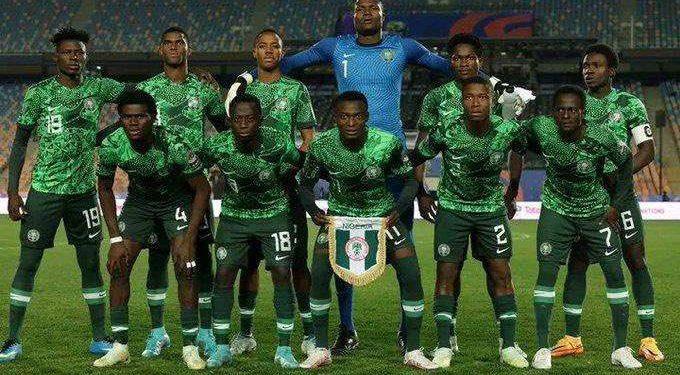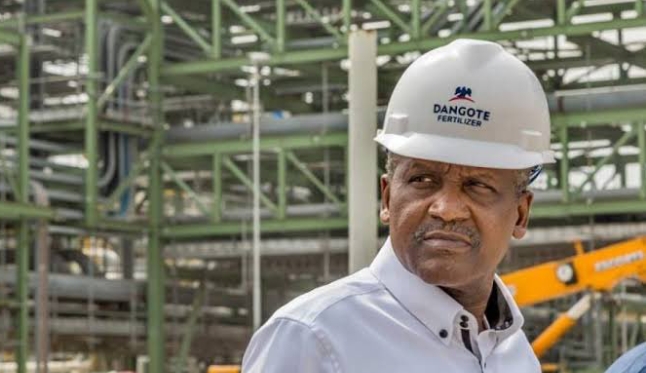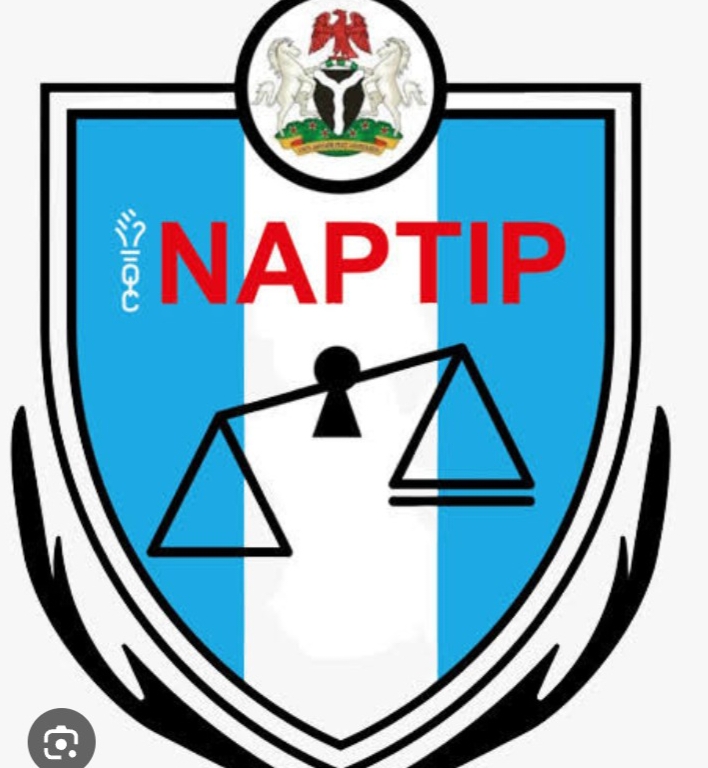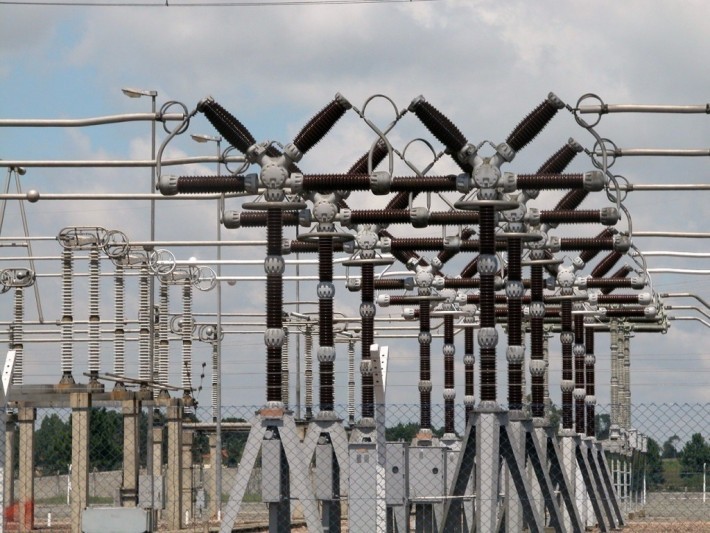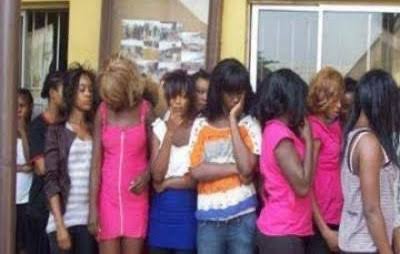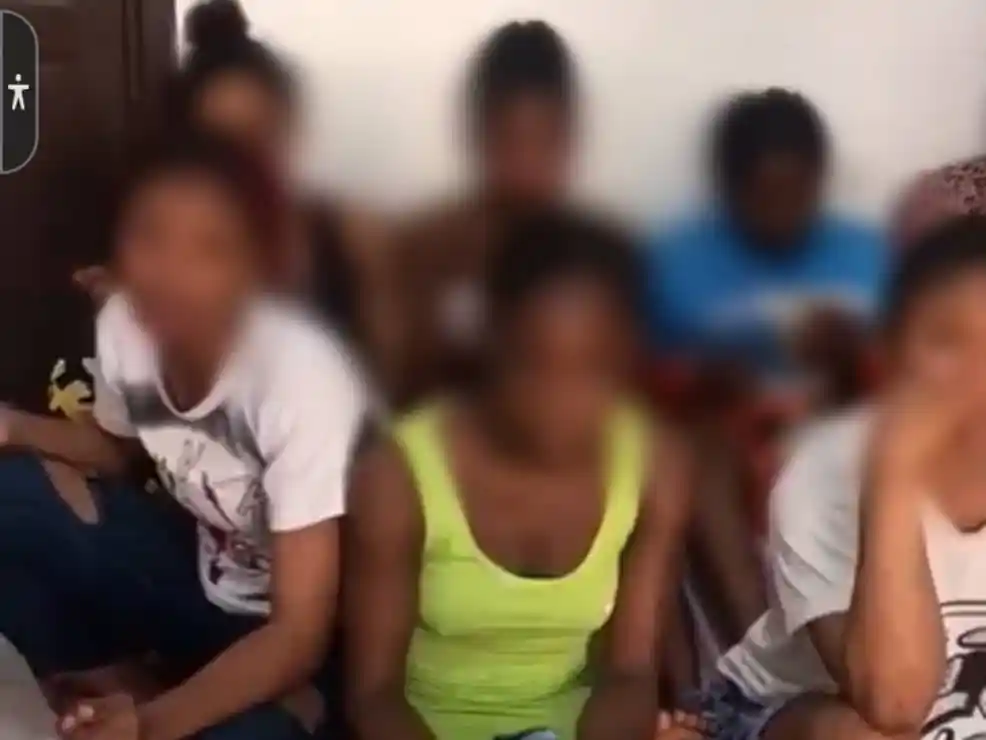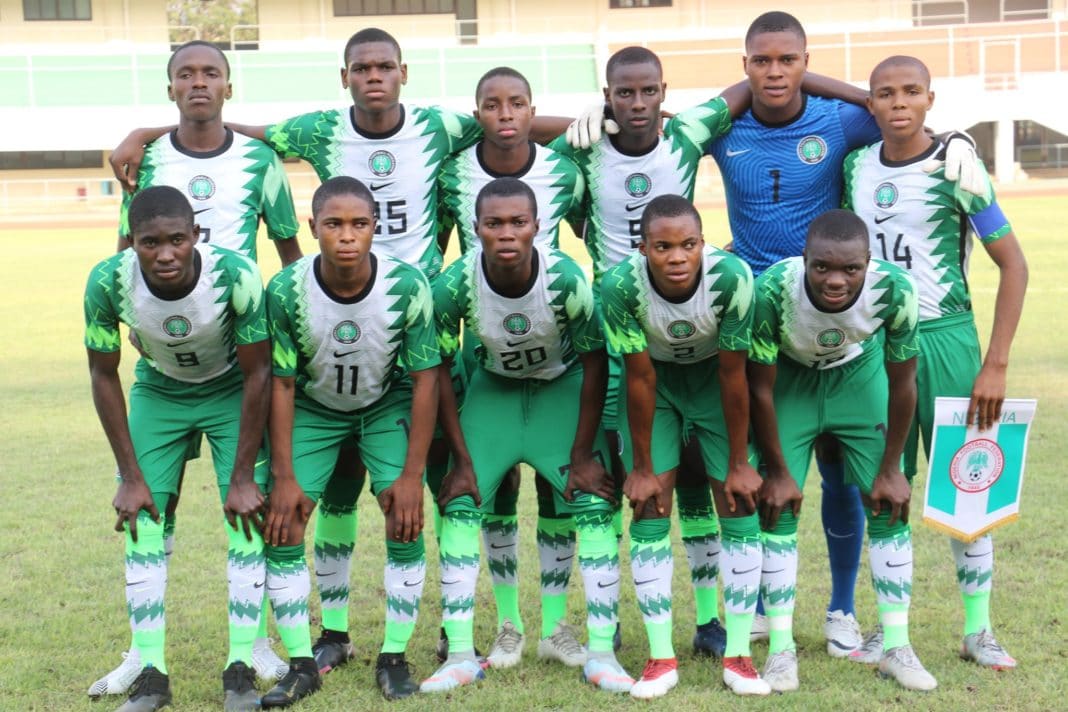Opinion poll on Monday showed that Ghana’s main opposition leader John Dramani Mahama may win the presidential election.
The poll placed him ahead of his main challenger, ruling party candidate Muhamudu Bawumia.
Former president Mahama, 65, and current Vice President Bawumia, 60, are the two main contenders for the Dec. 7 election to replace President Nana Akufo-Addo, who is stepping down in January after two terms as president.
Eleven other candidates are also running.
Global InfoAnalytics, an Accra-based research group, released poll results on Monday that saw Mahama winning 52 per cent, followed by 41.3 per cent for Bawumia. The poll has a 1.9 per cent error margin.
It found that voters were mainly concerned about the economy, jobs, education and infrastructure.
Mahama invested heavily in infrastructure during his 2012-17 presidency, when he faced criticism for power shortages and economic instability.
His government was also embroiled in corruption allegations, although Mahama was never directly accused.
He is running again as the candidate of the main opposition National Democratic Congress (NDC).
Bawumia, an economist and former central banker, is running for the ruling New Patriotic Party (NPP), which grappled with Ghana’s worst economic crisis in a generation.
Both candidates have presented plans to boost the economy and improve livelihoods.
The world’s second-largest cocoa producer, Ghana defaulted on most of its 30 billion dollars external debt in 2022 after years of overstretched borrowing.
Akufo-Addo’s government secured a 3-year, 3 billion dollars bailout from the International Monetary Fund in 2023 and is now on the final lap of a painful process required for the money to be disbursed.
The Economist Intelligence Unit predicted an NDC win in October due to the NPP’s economic record. Fitch Solutions published a similar forecast that month.
Both Mahama and Bawumia are from northern Ghana, a historic NDC stronghold where the NPP has been making inroads.
Political analyst Alidu Seidu of the University of Ghana said the election would probably be a very close contest between the two.
He said results were difficult to predict and a run-off vote was likely. No party has ever won over two consecutive terms in Ghana’s democratic history.
